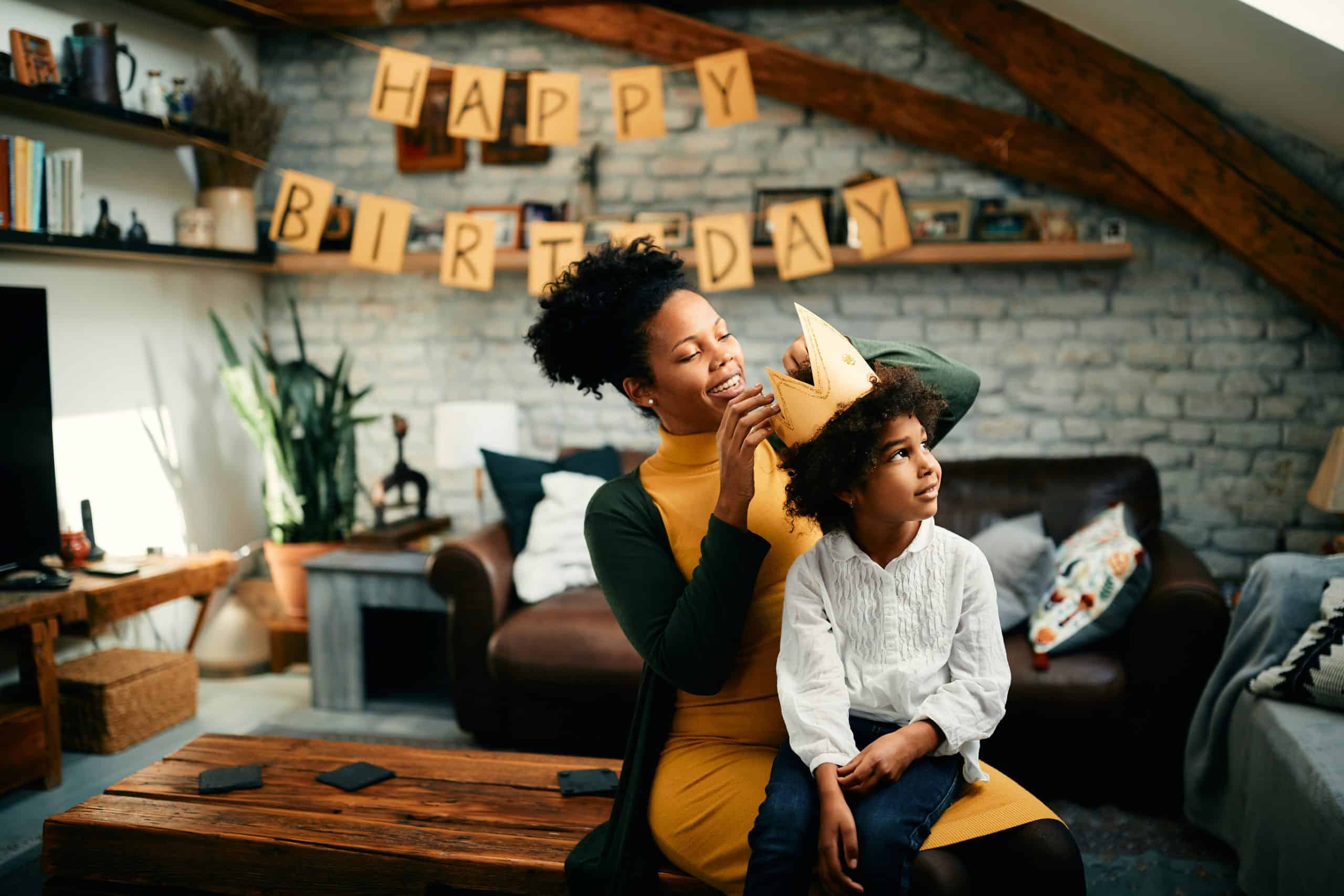How Can You Prepare a Home for the Arrival of a Sensitive Cockatoo?

The cockatoo is a beloved member of the parrot family. Known for their striking appearance and personable demeanors, these birds are certainly a sight to behold and a joy to have around. However, they are also known for their sensitive nature. As such, preparing your home for the arrival of a cockatoo requires a lot more than just buying a birdcage and some bird feed. It involves creating a warm, welcoming, and safe environment that caters to the bird’s needs and quirks.
The Basics of Cockatoo Care
Understanding the basics of cockatoo care is fundamental to making your home ready for one. Cockatoos, like all birds, have certain basic needs that need to be met for them to thrive.
Avez-vous vu cela : What’s the Best Approach to Socializing a Dog in a Multi-ethnic Neighborhood?
First and foremost, cockatoos are highly social creatures. They form strong bonds with their human caretakers and need plenty of interaction and mental stimulation to stay happy and healthy. If left alone for long periods, they may become bored and develop behavioral issues. Therefore, it’s crucial to ensure that there will be enough time and attention dedicated to the bird.
The cockatoo will also require a suitable living space. This must include a large, sturdy cage with ample room for the bird to flap its wings and move about comfortably. The cage should be placed in a location where the bird can see and interact with the family. A quiet room away from direct sunlight and drafts is ideal.
En parallèle : How to Choose the Right Dietary Supplements for a Horse With Joint Pain?
Lastly, a balanced and varied diet is essential. This should consist of high-quality parrot pellets, fresh fruits and vegetables, and plenty of clean, fresh water.
Preparing Your Home for a Cockatoo
Making your home bird-safe is just as important as meeting the bird’s basic needs. Cockatoos are naturally curious and love to explore their surroundings. However, they can easily get into trouble if not properly supervised.
To prepare your home for a cockatoo, you’ll need to bird-proof it. This involves removing or securing any potential hazards, such as toxic plants, open windows, and electrical cords. All accessible cleaning supplies and chemicals should be stored securely out of the bird’s reach.
You should also consider investing in some bird-safe toys and enrichment activities. These will keep your cockatoo entertained and mentally stimulated, reducing the likelihood of behavioral issues.
Training Your Cockatoo
Training is an integral part of cockatoo care and should start as soon as the bird arrives at your home. Proper training can help prevent behavioral issues and make life with your new pet much more enjoyable.
Start by teaching your cockatoo to step up onto your hand. This is a basic command that will help establish trust and respect between you and the bird. From there, you can gradually introduce more complex tricks and commands, always rewarding good behavior with treats and praise.
Socialization is also a crucial part of training. Your cockatoo should be comfortable around different people and in different situations. This can be achieved by gradually introducing the bird to new people and experiences, always ensuring that it feels safe and comfortable.
Understanding Cockatoo Behavior
Understanding cockatoo behavior is key to successfully integrating your new pet into your home. These birds are known for their intelligence and sensitivity, which can make them both a joy and a challenge to live with.
Learn to recognize the signs of stress in your cockatoo. These can include feather plucking, excessive screaming, and aggressive behavior. If you notice any of these signs, it’s important to address the issue as soon as possible. This may involve adjusting the bird’s environment, introducing new enrichment activities, or seeking advice from a professional bird trainer or vet.
Also, be aware that cockatoos can be quite noisy. They love to chatter, sing, and even scream, especially at dawn and dusk. This is completely normal behavior, but it’s something to consider if you live in close proximity to your neighbors.
A Cockatoo is a Lifetime Commitment
Finally, it’s important to remember that taking on a cockatoo is a lifetime commitment. These birds are long-lived, with many species reaching 60 years or more in captivity. They form strong bonds with their human caretakers and can become deeply distressed if rehomed.
Therefore, before bringing a cockatoo into your home, you need to be absolutely certain that you’re ready for the long-term commitment. This involves considering not just the immediate preparations, but also the ongoing care and attention the bird will require throughout its life.
In conclusion, preparing your home for a cockatoo involves much more than just setting up a birdcage. It’s about understanding the bird’s needs, making your home bird-safe, and committing to a lifetime of care. But with the right preparations and attitude, life with a cockatoo can be incredibly rewarding.
Embracing Environmental Enrichment for Cockatoos
Environmental enrichment is an essential part of preparing your home for a cockatoo, especially for varieties like the sulphur crested or lesser sulphur cockatoo. These birds, known for their intelligence and curiosity, require stimulation to prevent boredom and the development of harmful behaviors.
To ensure your pet bird experiences environmental enrichment, consider the use of bird-safe toys designed to challenge and engage them. For example, puzzle toys filled with treats encourage problem-solving, while mirrors, bells, and brightly colored objects cater to their visual and auditory senses.
Nature-inspired items can be beneficial too. Adding branches or natural wood perches in their cage can mimic their wild environment. This not only creates a familiar atmosphere but also helps to keep their beak and nails trimmed.
Free flight is another aspect of environmental enrichment. While you may think this is only possible outdoors, it is also feasible within your home, given that the space is safe and secure. Allowing your cockatoo to explore and fly freely can significantly contribute to their physical health and mental well-being.
Finally, remember that nothing replaces the value of human interaction. Spending time with your pet bird, whether it’s teaching tricks, talking to them, or simply sharing the same space, can immensely enrich their environment.
Recognizing and Responding to Changes in Cockatoo Behavior
Cockatoos, like the bare-eyed cockatoo or crested cockatoos, are expressive creatures. They communicate their feelings and needs through a variety of behaviors and signals – understanding these is a key step in preparing for your new pet bird.
When a cockatoo is content and relaxed, it will often display a calm demeanor, have bright, clear eyes, and exhibit regular feeding and preening behaviors. It might also engage in play behaviors with toys or indulge in the occasional bird chatter.
However, when a cockatoo is stressed or upset, their behavior may change dramatically. Signs of stress can include loss of appetite, lethargy, aggression, or over-grooming to the point of feather plucking. If you notice such changes, it is crucial to identify the cause and take appropriate action. It could be anything from a change in environment, insufficient interaction, or even a health issue.
Getting advice from a professional, such as an avian vet or an animal training specialist, can be very helpful in these situations. They can provide guidance on how to address behavioral issues and ensure your bird’s well-being.
Conclusion: A Rewarding Journey
Caring for a cockatoo, whether it’s a sulphur crested or a lesser sulphur, requires commitment, patience, and understanding. But with the right approach, this can be a rewarding journey that develops into a lifelong bond.
Keep in mind that it’s not just about making the right preparations before the bird comes home, but also about being consistent in providing care, companionship, and environmental enrichment throughout its life.
While there may be challenges, remember that they are outweighed by the joy and companionship these intelligent and sensitive creatures bring. There is truly something special about the bond between a human and a cockatoo – it’s a relationship that is as enriching for the person as it is for the bird.
